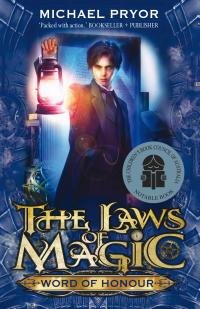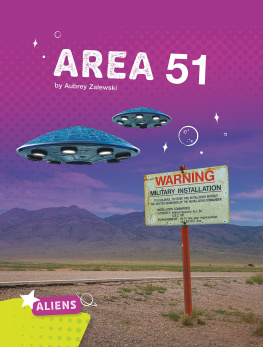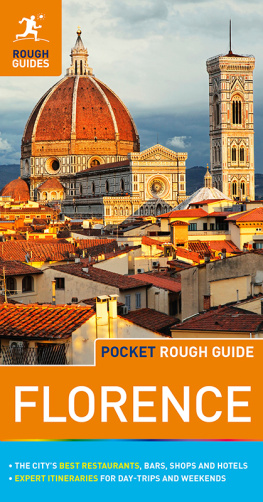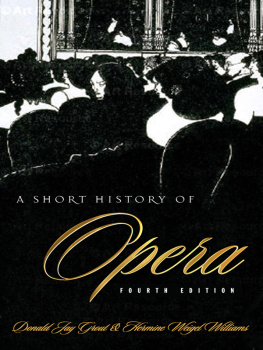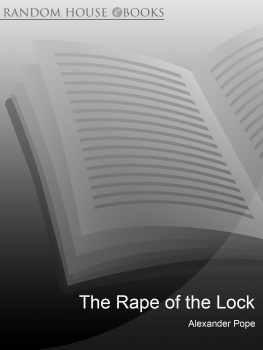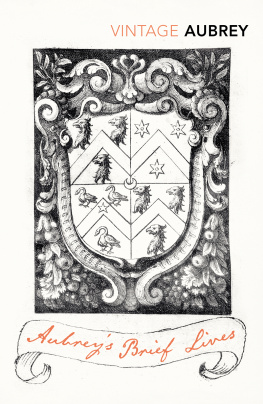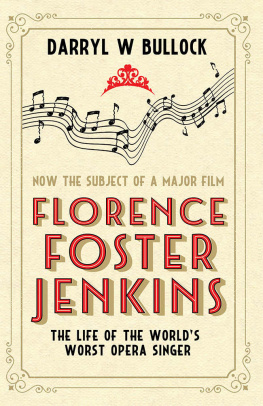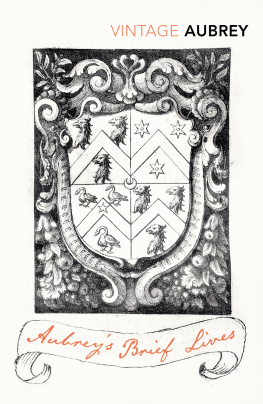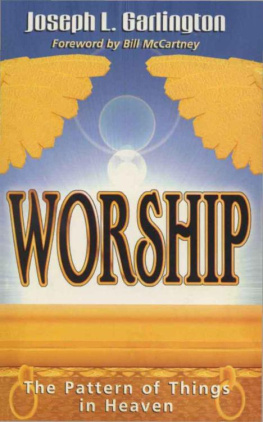Society, Culture and Opera in Florence, 18141830

John Fane, 11th Earl of Westmorland by unknown artist, National Portrait Gallery, London.
Society, Culture and Opera in Florence, 1814-1830
Dilettantes in an 'Earthly Paradise'
Aubrey S. Garlington
University of North Carolina at Greensboro, USA
First published 2005 by Ashgate Publishing
Reissued 2018 by Routledge
2 Park Square, Milton Park, Abingdon, Oxon OX14 4RN
711 Third Avenue, New York, NY 10017, USA
Routledge is an imprint of the Taylor & Francis Group, an informa business
Aubrey S. Garlington, 2005
Aubrey S. Garlington has asserted his moral right under the Copyright, Designs and Patents Act, 1988, to be identified as the author of this work.
Typeset in Times New Roman by Express Typesetters Ltd, Farnham, Surrey.
All rights reserved. No part of this book may be reprinted or reproduced or utilised in any form or by any electronic, mechanical, or other means, now known or hereafter invented, including photocopying and recording, or in any information storage or retrieval system, without permission in writing from the publishers.
A Library of Congress record exists under LC control number: 2004028068
Notice:
Product or corporate names may be trademarks or registered trademarks, and are used only for identification and explanation without intent to infringe.
Publisher's Note
The publisher has gone to great lengths to ensure the quality of this reprint but points out that some imperfections in the original copies may be apparent.
Disclaimer
The publisher has made every effort to trace copyright holders and welcomes correspondence from those they have been unable to contact.
ISBN 13: 978-0-815-39712-0 (hbk)
ISBN 13: 978-1-351-14888-7 (ebk)
For Carol,
A.D.G.
Florence retains its reputation of being the most devout capital in Italy Here love, music, and devotion hold divided empire, or rather are tria juncta in uno . The liberal patronage and fine taste of Lord Burghersh, contribute perhaps to make music so much a passion as it is at present.
Anna Brownell Jameson, Diary of an Ennuy , 1824
This book is intended as a contribution to the ever-increasing body of literature devoted to the study of issues in opera and society, a hoary category encompassing an extraordinarily broad if not peculiar range of issues. As evident by the title, the focus here is on the role of opera in the social and cultural life of Florence during the brief, unusual period in her modern history between 1814 and 1830. Florence itself becomes the center of this study around which all interacts, because similar to politics, opera has local dimensions and ramifications with concomitant musical as well as social repercussions. With Florence the locale under consideration critical discussions necessarily assume different dimensions, because Florence was, and continues to be, the remarkable entity it has been for centuries. The density of the Florentine operatic, social, and cultural milieu, international in scope but local with respect to the special nature of social and theatrical life in the city during the seventeenth and eighteenth centuries, is well documented.
While there is a voluminous body of significant non-musicological scholarly and critical literature pertaining to the history and culture of Florence throughout the nineteenth century, almost none of it touches either significantly or even at all on the role music and opera play in the life of the city during the first third or so of the century. The present study can be but a modest step in correcting such an omission. Prepared from a musicologists point of view and intended for the general reader as well as for the specialist curious about early nineteenth-century Florence, it explores certain aspects of interaction between opera, society, and culture, special, if not unique, to the city at this particular moment in her history.
I first became aware of the dilettantes of the subtitle when preparing an annotated catalogue for a collection of nineteenth-century Italian opera librettos in the Syracuse University library (Garlington 1976). Here, I found three librettos for works by a composer identified as Milord Burghersh who turned out to be John Fane, Lord Burghersh and future 11th Earl of Westmorland. I quickly discovered that while well known in English music history because of his long and overbearing relationship with the Royal Academy of Music, Lord Burghersh was an active, serious dilettante composer who served as Englands Envoy Extraordinary and Plenipotentiary to the Granduchy of Tuscany between 181430. While living in Florence he wrote six operas for private presentation on a number of different gala occasions. As a curiosity Lord Burghersh remained in the back of my mind as I pursued other interests, and only gradually did he come into clearer focus as an interesting, perhaps even an important but as yet unexamined factor in the rich density of the complex social and cultural history of Florence during the first fifteen years of the post Napoleonic era.
The appointment of an upper level aristocrat at this ministerial rank by what was recognized to be the worlds greatest military power was undoubtedly due in no small part to Napoleons exile to Elba in 1814. Formerly a part of Tuscany, the island of Elba had been made an independent kingdom in order to accommodate an anointed and legitimate, but now dethroned Emperor. The specific appointment of Lord Burghersh to this position was aided and abetted by at least two additional factors, (1) the importance of his father in Tory politics and (2) his marriage.
The 10th Earl of Westmorland had served as Lord-Lieutenant of Ireland on two separate occasions during 177895 and 17981806. During the twenty-year period between 1807 and 1827 he was Keeper of the Privy Seal, and for a time the Westmorlands moved comfortably in court circles. In 1819 the Prince Regent was a baptismal sponsor for the Burghershs second son and future Lord Burghersh, George Arthur, the first son, had died in infancy and as George IV he named Lord Burghersh to the Privy Council in 1822 thereby greatly enhancing Burghershs position vis a vis what would become the Royal Academy of Music.
In 1811 Lord Burghersh had married the Duke of Wellingtons favorite niece, Priscilla Wellesley-Pole, third daughter of Wellingtons elder brother William, later created Lord Maryborough and to become 3rd Earl of Mornington. As an intelligent, attractive individual known to be a gifted linguist, Lady Burghersh would prove an invaluable asset for her husband during their time in Florence and later in Berlin and Vienna. While in Florence she developed an ability to paint, an art in which she became sufficiently well regarded to be granted an honorary membership in the Florentine Accademia delle Belle Arti at the time they returned to England to wait for another diplomatic assignment. She would later receive an entry in Thieme-Becker. While the presence of another dilettante creative mentality in the same aristocratic household is not an uncommon phenomenon, such interests and gifts placed Lord and Lady Burghersh in an excellent position to play a distinctive if not unique role in the social and cultural history of the Granduchy of Tuscany at this time; hence, the sub-title of the present study.





